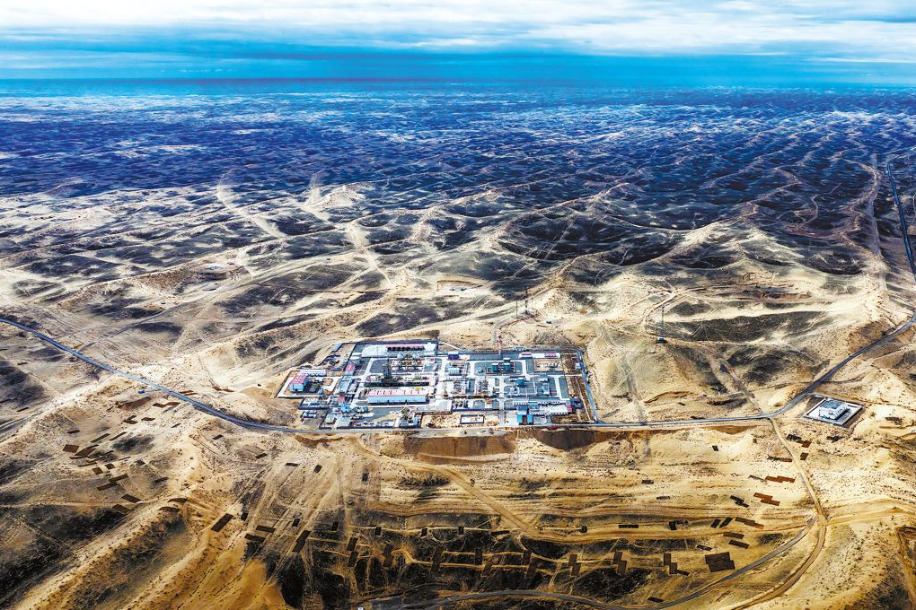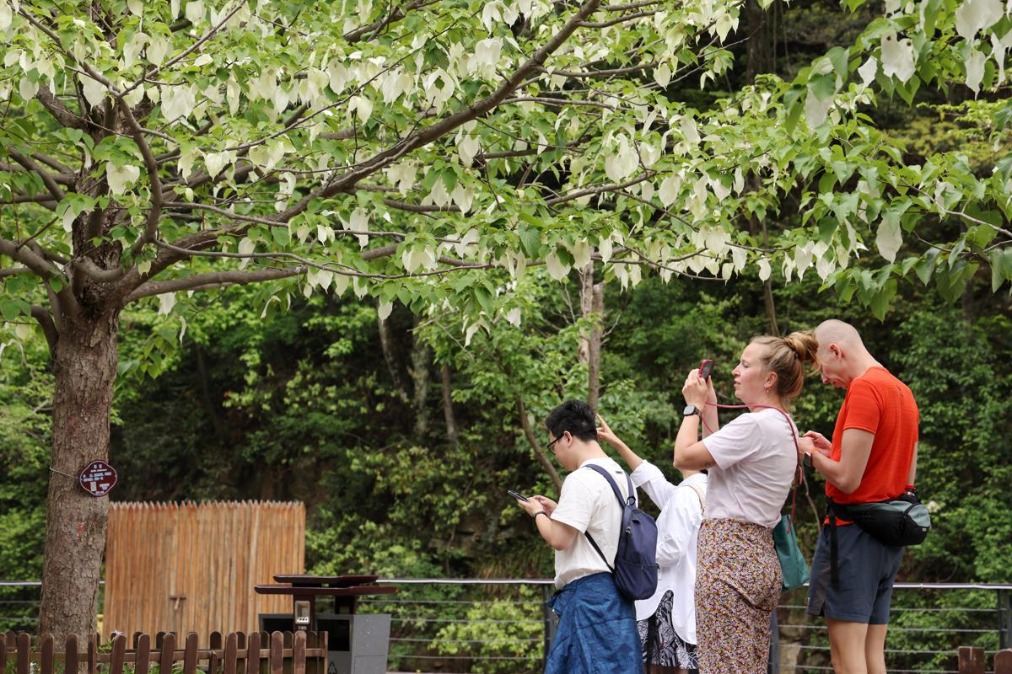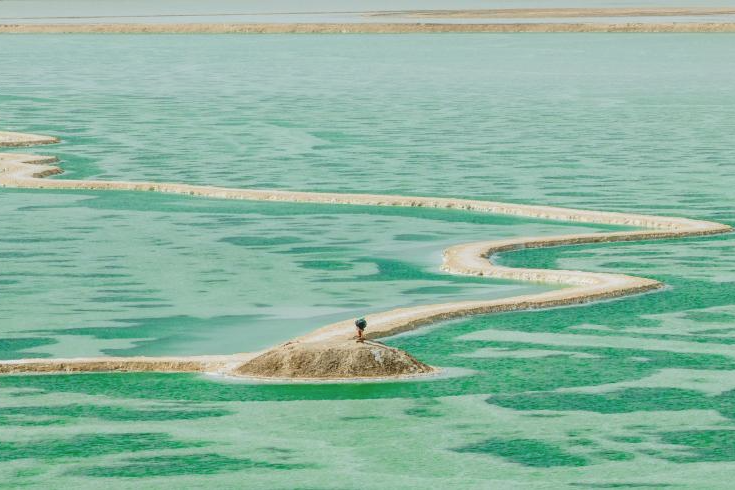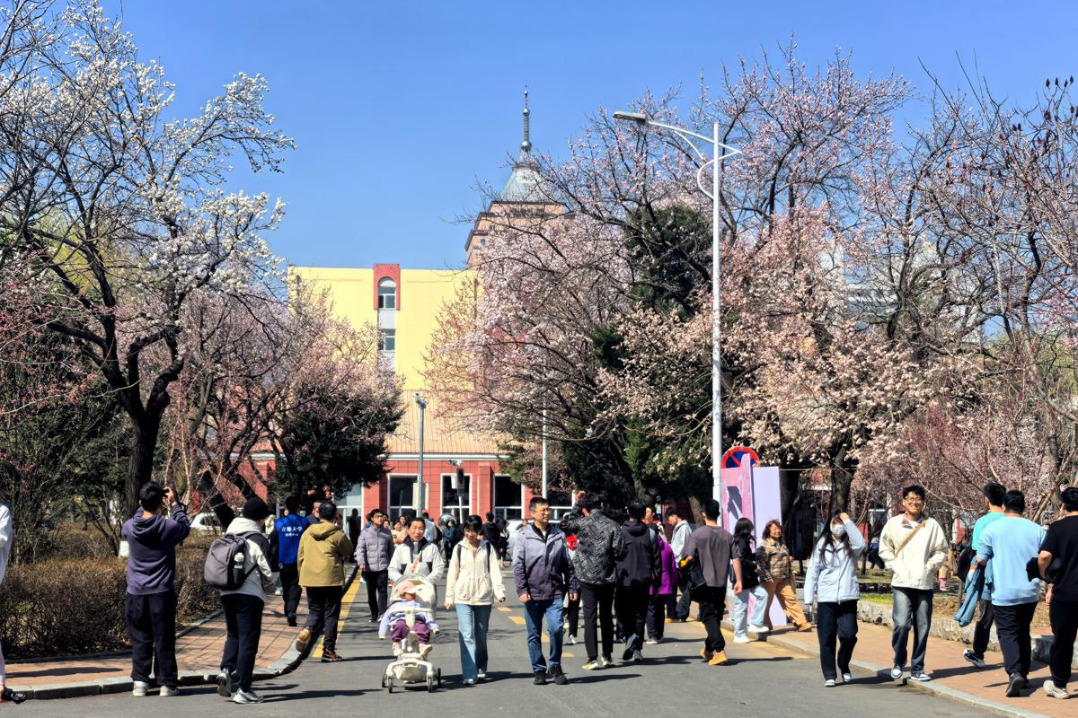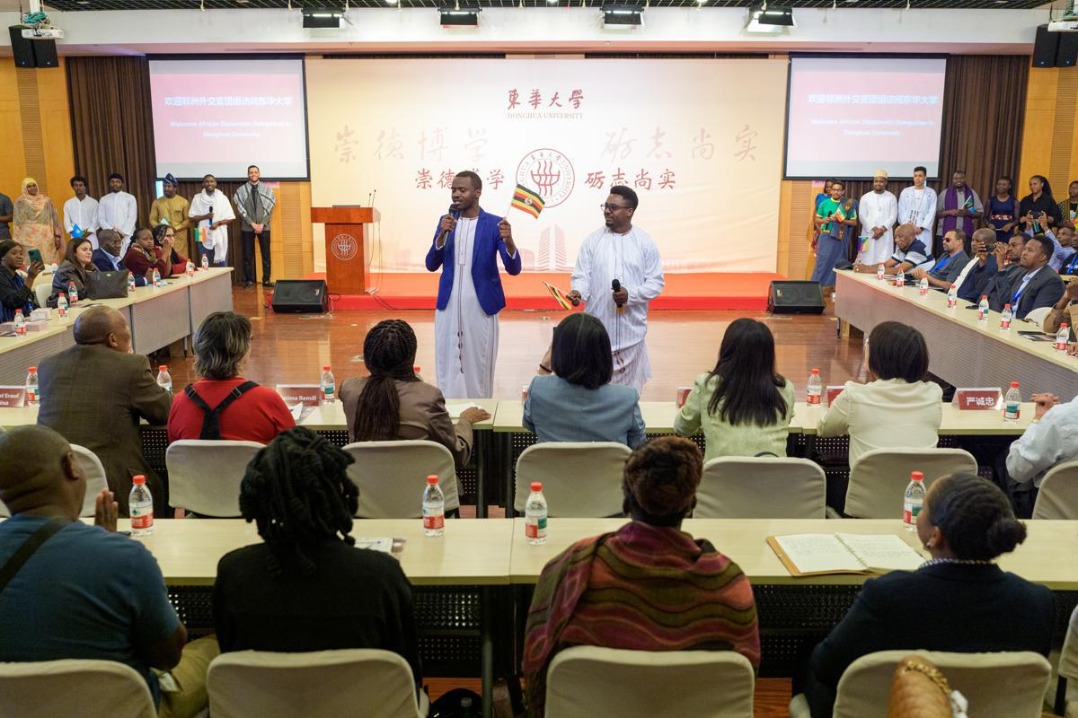Courts to take tough stance against solid waste pollution
People participating in cross-regional dumping will face stronger penalties

With a "zero-tolerance" stance toward environmental harm, Chinese courts have pledged to intensify the crackdown on illegal and criminal acts related to solid waste pollution, especially those involving cross-regional dumping, the Supreme People's Court said on Tuesday.
Marking World Earth Day, the top court revealed three exemplary cases involving solid waste contamination, underscoring the country's judicial determination and continued efforts in environmental governance.
"The disclosure serves to galvanize public participation in solid waste pollution control while urging enterprises to conduct activities — from generation, collection and storage to transportation, utilization and disposal — in accordance with laws," the court said.
"It is also meant to foster a societal shift toward moderate and prudent lifestyles, as well as green, low-carbon production patterns," it added.
In one of the cases, a court in Jiangsu province sentenced several polluters, including two individuals surnamed Wu and Deng, to prison terms ranging from 18 months to three years, along with fines, for illegally dumping waste across provincial borders.
According to the ruling, Wu and Deng, along with others, used two abandoned fish ponds in Qidong, Jiangsu, as unauthorized waste landfill sites in 2022. They transported more than 4,800 metric tons of mixed construction waste from multiple sites in Shanghai to the ponds and buried it under layers of soil, without approval or environmental protection measures.
An appraisal found that the solid waste, soil and groundwater contained heavy metals and other medical substances, classifying them as hazardous pollutants under Chinese criminal law. The cost of clearing, transporting and disposing of the waste was estimated at about 1.7 million yuan ($232,600).
The Dongtai court in Jiangsu found the defendants guilty of environmental pollution, citing the cross-provincial nature and hazardous content of the waste as aggravating factors that warranted harsher punishment.
"In recent years, with the continuous development of the Yangtze River Economic Belt, a large amount of construction and domestic waste has been generated in urban areas," the top court said.
"Due to limited disposal capacity and high disposal costs, some people have been found to be transferring construction waste across provinces and dumping it in surrounding counties or cities, causing serious pollution and environmental damage."
To combat the issue, the Supreme People's Court has issued a joint directive with the Supreme People's Procuratorate, the Ministry of Public Security and the Ministry of Ecology and Environment on handling criminal environmental cases.
The document stipulates that for cross-provincial dumping of radioactive waste, waste containing infectious disease pathogens, toxic substances or other hazardous materials in the Yangtze River Economic Belt, harsher penalties may be imposed.
The top court praised the Jiangsu ruling, saying it will help drive the transformation of the traditional construction industry and support the development of new, green and efficient productive forces.
"The verdict has also shown our firm determination to provide strong judicial guarantees for jointly pursuing protection and refraining from large-scale development in the Yangtze River Economic Belt," it said.
















